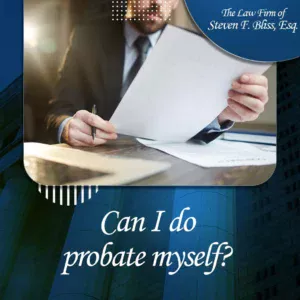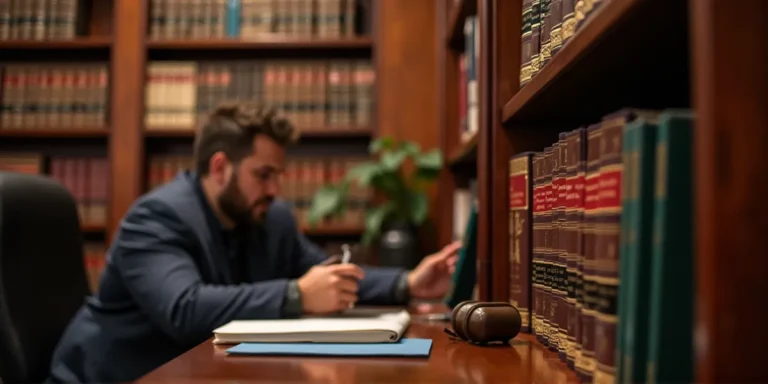In California, it is possible to handle probate without hiring an attorney, but the process is often complicated and time-consuming. Probate involves filing legal documents, attending court hearings, notifying heirs and creditors, and managing estate assets according to California Probate Code. While the law allows individuals to represent themselves, also known as acting “in propria persona,” this option requires a strong understanding of probate procedures to avoid costly mistakes.
 The probate process begins when a petition is filed in the superior court of the county where the deceased resided. Self-represented executors or administrators must complete and file official forms, including petitions, notices, and accountings. California courts provide standardized forms, but accuracy is essential—errors can result in delays, additional expenses, or even rejection of filings. For those unfamiliar with legal paperwork, this can quickly become overwhelming.
The probate process begins when a petition is filed in the superior court of the county where the deceased resided. Self-represented executors or administrators must complete and file official forms, including petitions, notices, and accountings. California courts provide standardized forms, but accuracy is essential—errors can result in delays, additional expenses, or even rejection of filings. For those unfamiliar with legal paperwork, this can quickly become overwhelming.
Another challenge of self-probate is the responsibility to notify all beneficiaries, heirs, and creditors. The executor must mail notices, publish required notices in newspapers, and manage deadlines for creditor claims. Missing a step can expose the executor to personal liability. Even though the probate court supervises the process, it does not provide legal advice, leaving self-represented parties to navigate complex rules alone.
Managing estate assets is also a critical responsibility. Executors must inventory property, secure real estate, handle investments, and sometimes sell assets to pay debts or taxes. In California, court approval is often required before selling significant estate property. Without legal guidance, executors may struggle with these steps, especially when family conflicts or disputes arise.
| Task | Self-Probate Responsibility | California Consideration |
|---|---|---|
| Court Filings | Prepare and submit petitions | Strict form requirements |
| Notices | Notify heirs, creditors, and publish notice | Deadlines strictly enforced |
| Asset Management | Secure, value, and distribute assets | Court approval often needed |
| Creditor Claims | Review and pay valid claims | Must comply with Probate Code |
| Final Distribution | Distribute remaining assets | Court approval of accounting required |
While probate can be completed without a lawyer, the risks of errors, disputes, and delays are high. Many people find that legal assistance saves time, reduces stress, and ensures compliance with California law. Attorneys often charge fees based on statutory rates, which can be paid directly from the estate rather than out-of-pocket. For larger or contested estates, this professional guidance is often essential.
In conclusion, California residents may legally handle probate themselves, but doing so requires meticulous attention to detail and a willingness to navigate complex procedures. For small estates or those without disputes, self-probate may be a feasible option. However, for most families, consulting an experienced probate attorney provides peace of mind, prevents costly mistakes, and ensures the estate is administered correctly.






